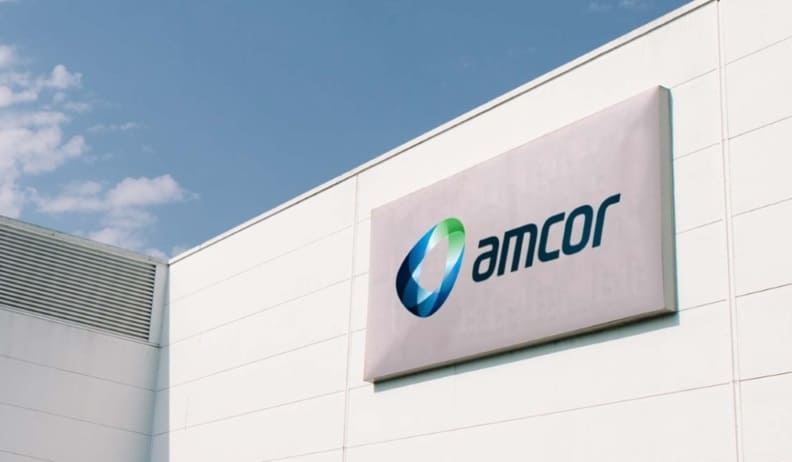Polymer – Recycling technology – PHA 20-04-2023 - Arhive
Polymer – Recycling technology – PHA
Crude Oil Prices Trend

Crude Oil Prices Trend by Polyestertime
-Beverage producer to boost RPET use
Pepsi bottles on a retail shelf.
According to data from the Ellen MacArthur Foundation, about 6.3% of the plastic packaging PepsiCo produced in 2021 was PCR. | Zety Akhzar/Shutterstock
PepsiCo will increase its RPET use in Pepsi, Mountain Dew and Aquafina drink bottles in the U.S. in 2023, the company announced.
The beverage brand giant plans to roll out 100% RPET bottles for those brands in multiple areas of the U.S., with the company noting that shifting to 100% RPET reduces greenhouse gas emissions by about 30% per bottle, according to a press release.
By 2030, the company’s goal is to eliminate all virgin plastic in Pepsi-branded drink bottles.
The announcement came as the Purchase, N.Y.-based company launched what it calls “pep+ Partners for Tomorrow,” which is a platform to help the company’s business partners achieve their sustainability goals. Polymer – Recycling technology – PHA
Partners for Tomorrow has a PET bottle collection program called CIRQU, formerly known as BottleLoop, that is run on a software platform provided by a company called Replenysh. CIRQU offers on-demand collection of used containers from foodservice and retail customers. The program expanded in 2022 and currently collects bottles and cans from 250 locations across 10 states, the release notes.
PepsiCo produced about 2.5 million metric tons of plastic packaging in 2021. Of that, about 6.3% was post-consumer plastic, according to Ellen MacArthur Foundation data.
California officials recently released PCR usage data among beverage brands, and the data showed PepsiCo averaged 16.8% PRC in its PET bottles in California in 2022. That was down from 23.1% the year before, but it still exceeded the state’s new mandatory minimum of 15%. Polymer – Recycling technology – PHA
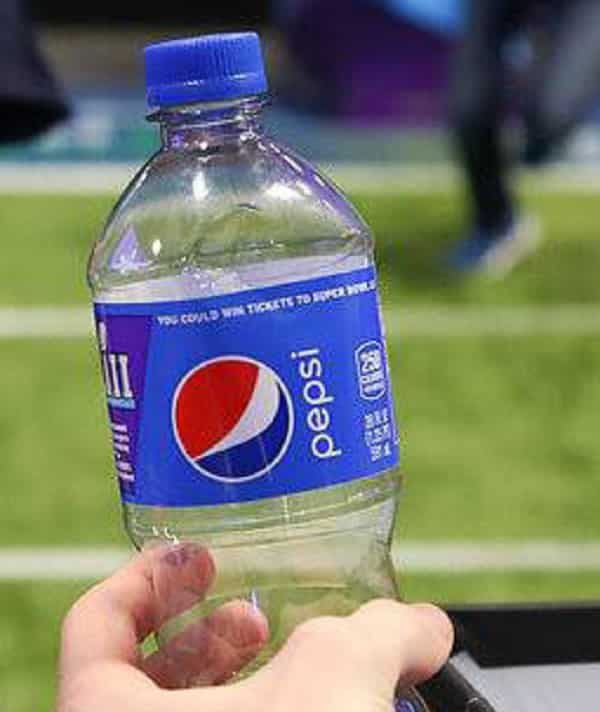
-SONGWON unveils new range of polymer stabilisers
Songwon Industrial, the 2nd largest manufacturer of polymer stabilizers in the world and a key global specialty chemicals player, is showcasing the newest additions to its broad portfolio of high-performance solutions at Chinaplas 2023 in Shenzhen, China from April 17th – April 20th.
SONGWON claims its proprietary technology and backward integration make it possible for the company to continue to deliver the high quality, consistency and security of supply that customers have come to expect.
With its comprehensive portfolio of antioxidants and UV stabilizers offered in a full range of physical product forms, SONGWON says is perfectly positioned to effectively serve the specific needs of Chinese customers. SONGWON says Chinaplas 2023 offers an ideal opportunity and an excellent platform to highlight its strengths and strong, ongoing commitment to the plastics industry in China. Polymer – Recycling technology – PHA
In addition to its broad range of products, SONGWON is presenting its latest products: SONGNOX 9228 antioxidant and SONGSORB 1164 UV absorber at the fair. Suitable for packaging, agriculture, building & construction, SONGNOX 9228 antioxidant and SONGSORB 1164 UV absorber are also ideal for use in home & personal care applications.
By making more severe polyolefin processing possible, especially at high temperatures, due to its hydrolytic stability, SONGNOX 9228 antioxidant overcomes the challenges traditional high-performance phosphites/phosphonites face. Moreover, it also delivers excellent color protection for Cr-type high-density polyethylene (HDPE), polypropylene (PP) and engineering resins.
The triazine, SONGSORB 1164, is the latest addition to SONGWON’s UV absorber range and protects plastics against UV light degradation.
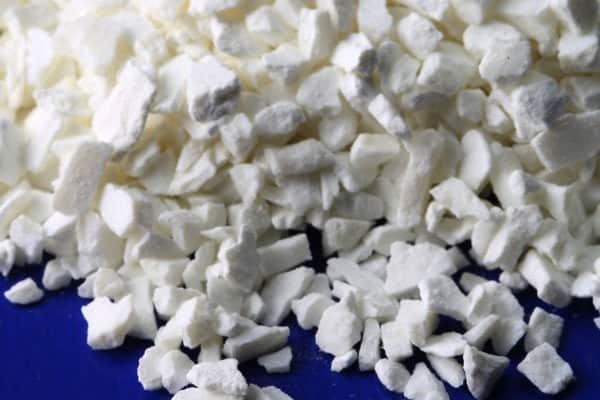
-Co-op employs Polytag’s recycling technology for traceability
Recycling technology innovator, Polytag, is set to apply unique-every-time QR codes and UV tags to Co-op own-label PET 2-litre spring water bottles in an industry-first, offering the convenience retailer visibility of its packaging during the recycling process.
The unique-every-time QR codes will be applied to the pack labels by Co-op’s bottled water supplier at the standard label application speeds, meaning no loss to production efficiency. The QR codes are GS1 compliant and take consumers to a Co-op landing page detailing information about both the retailer’s sustainability and charitable commitments. Within the unique-every-time QR code there is a serial number which can be used to handle fraud-proof rewards, assign loyalty points and secure deposit redemptions.
A UV tag layer invisible to the human eye, printed by Tipografic using UV flexographic inks, is also then applied across the label. Polymer – Recycling technology – PHA
This UV tag layer enables barcode level information to be captured in the recycling centre and is uploaded to Polytag’s cloud-based analytics dashboard, providing the retailer with real-time insights on whether packaging is actually recycled, and in what volumes.
The UV tag reading technology was developed by Polytag in partnership with researchers at the Advanced Manufacturing Research Centre. It is fitted to the plastics conveyer at Abergele’s Gofer Bulking Centre in Wales.
Both the visible QR codes and ‘hidden’ UV tags pave the way for a cost-effective, Digital Deposit Return Scheme (DDRS). In future, scanning the unique QR code on used product packaging, has the potential to allow consumers to reclaim their deposit via their smartphones, from home. The printing of UV tags provides key supply chain stakeholders – manufacturers, retailers and recycling authorities – access to unique packaging lifecycle data, including where and when it was produced and the percentage of recycled material it contains, protecting against fraud. For this trial, the QR codes will be used as a communication tool, transporting customers to the landing page when scanned.
Furthermore, with Extended Producer Responsibility (EPR) on the horizon, brands classed as obligated packaging producers maybe required to benchmark their progress. Both on-pack QR codes and UV tags will provide brands with the data to easily ‘describe, tag and trace’ their plastic packaging through the circular economy, while also streamlining packaging and recycling operations. Polymer – Recycling technology – PHA
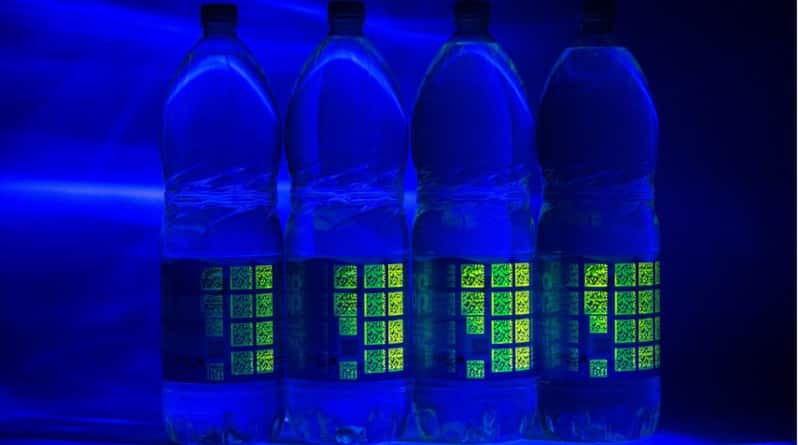
-Additive Renders Plastic Packaging Biodegradable
Symphony Environmental’s oxo-biodegradable additive enables PE, PP, and related plastic packaging to degrade harmlessly into carbon dioxide, water, and biomass without creating microplastics, company says.
UK-based Symphony Environmental Technologies launched an additive that plastics manufacturers can use to make packaging biodegrade harmlessly in natural land and marine environments, the company says.
Symphony’s d2w additive uses oxo-biodegradable plastic technology to enable conventional plastic to break down sufficiently for bacteria and fungi to bio-assimilate it.
The additive is compatible with polyethylene (PE) and polypropylene (PP), including linear low-density polyethylene (LLDPE), low-density polyethylene (LDPE), high-density polyethylene (HDPE), and biaxially oriented polypropylene (BOPP).
Product applications include packaging films, shopping bags, rigid containers, and closures.
In open land and water, plastics containing the additive are eventually converted into carbon dioxide (CO2), water, and biomass in 17 to 22 months, through natural microbial action. Polymer – Recycling technology – PHA
No heavy metals or toxic materials remain afterward.
Oxygen, UV light (sunlight), and ambient heat are necessary for the chemical transformation to occur. Under these conditions, the plastic degrades via oxidation until its molecular weight is low enough for bacteria and fungi to metabolize it, thus recycling the chemicals back into nature.
The additive was not created as an alternative to plastics recycling, and it won’t enable plastic waste to break down under anaerobic landfill conditions. However, it offers a sustainable solution for plastic packaging that escapes these disposal channels and ends up as litter on land or in the ocean.
Symphony says its oxo-biodegradable approach does not leave microplastics behind at the end of degradation. Polymer – Recycling technology – PHA
Symphony’s oxo-biodegradable approach, unlike oxo-degradable techniques, does not leave microplastics behind at the end of degradation.
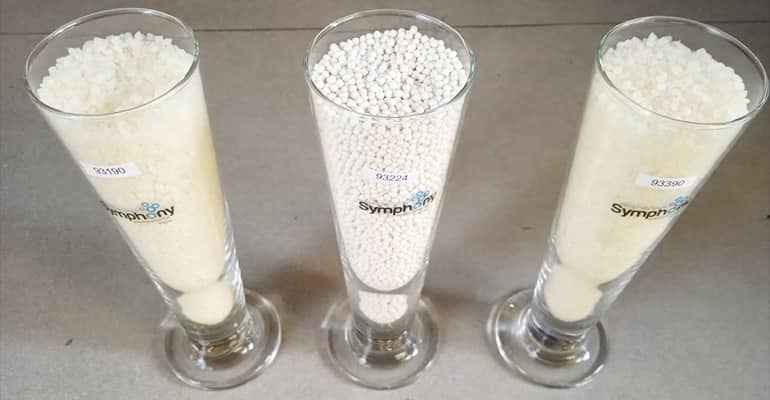
-Lummus and RWDC Industries Sign MoU Accelerating PHA Production at Scale
Combined innovation, experience and strengths of Lummus and RWDC offers real solutions for the circular economy
Lummus Technology, a global provider of process technologies and value-driven energy solutions, and RWDC Industries, a biotechnology company developing biopolymer material solutions, recently signed a memorandum of understanding (MOU) to cooperate on global PHA deployment initiatives. The signing ceremony took place at Lummus’ headquarters in Houston, Texas, with RWDC Chief Executive Officer Dr. Daniel Carraway and Lummus President and Chief Executive Officer Leon de Bruyn as signatories.
The MOU is an important step toward a joint development that will rapidly grow the manufacturing of polyhydroxyalkanoates (PHA) through global licensing opportunities. With Lummus’ expertise in process technology and RWDC’s expertise in PHA production and application, the partnership will significantly accelerate global availability and mass adoption of this natural alternative to synthetically produced petroleum-based plastics.
“We are excited to combine Lummus and RWDC’s collective expertise, experience and resources to commercialize PHAs, a sustainable and economic solution to help address global plastic waste,” said Leon de Bruyn. Polymer – Recycling technology – PHA
“Together, we can provide eco-friendly biodegradable plastics, while driving innovation and advancing the circular economy of our industry.”
“Our focus is to make environmentally safe and highly functional biobased materials available globally,” said Dr. Carraway. “Our partnership with Lummus is a significant step toward enabling PHA to assist our customers — and, therefore, consumers — in meeting the global challenge of plastics pollution.”
RWDC uses plant-based oils, including post-consumer or waste cooking oils, to produce its proprietary Solon™ PHA, which can be organically recycled or composted in home and industrial composting facilities. Products or packaging made with PHA that find their way into the environment, therefore, will fully biodegrade in soil, fresh water, and marine settings, preventing persistent plastics and microplastics from accumulating in the environment. Polymer – Recycling technology – PHA
Articles produced with PHA also can be recycled, re-used or returned to the carbon cycle by way of organic recycling or composting systems.
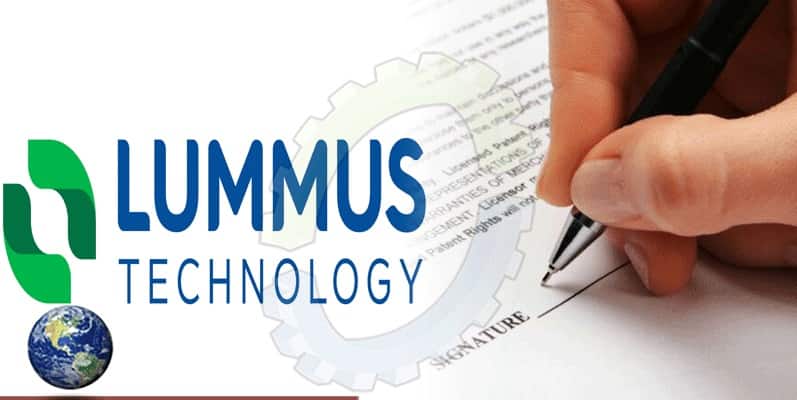
-EU investigates PET anti-dumping allegations against China
The European Commission announced the initiation of an anti-dumping investigation concerning imports of certain polyethylene terephthalate (PET) originating from China.
The product subject to this investigation is PET with a viscosity of 78 ml/g or higher.
The investigation of dumping and injury will cover the previous year, from 1 January 2022 to 31 December 2022. The examination of trends relevant for the assessment of injury will cover an expanded time-frame from 1 January 2019 to the end of the investigation period.
According to the official journal of the European Union, all interested parties wishing to comment on the complaint have 37 days from 30 March 2023 in which to do so.
Any requests for a hearing with regard to the initiation of the investigation must be submitted within 15 days of the 30 March 2023. Polymer – Recycling technology – PHA
Those wishing to submit information on the product scope must do so within 10 days of the date of 30 March 2023.
The complaint, made on behalf of the Union industry of PET, was lodged on 14 February 2023.
Market participants have been anticipating news of the investigation, as demand has been pitched against high costs in Europe at the start of 2023.
PET resins can be broadly classified into bottle, fibre or film grade, named according to the downstream applications. Bottle grade resin is the most commonly traded form of PET resin and it is used in bottle and container packaging through blow moulding and thermoforming. Polymer – Recycling technology – PHA
Fibre grade resin goes into making polyester fibre, while film grade resin is used in electrical and flexible packaging applications. PET can be compounded with glass fibre for the production of engineering plastics.
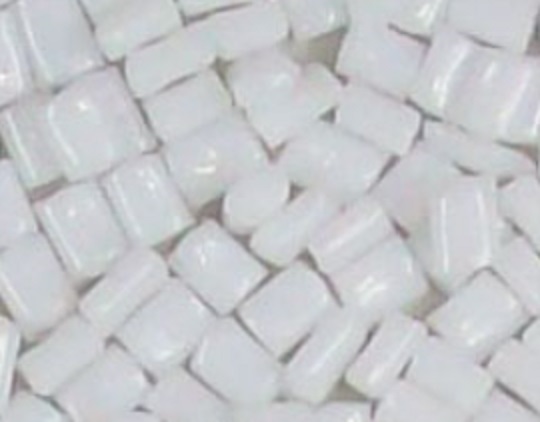
-Amcor and ExxonMobil expand certified-circular plastics into Australia and New Zealand market
Amcor, a plastics packaging company has placed its first commercial order of certified-circular polymers leveraging ExxonMobil’s Exxtend technology for advanced recycling for use in packaging for the Australian and New Zealand market.
The company claims that the order will make Amcor the first flexible packaging company to offer certified-circular plastics in this market, which supports partial displacement of fossil-based feedstock and meets growing consumer demand for plastic circularity.
Using its Exxtend technology, ExxonMobil offers certified-circular polymers with the International Sustainability and Carbon Certification (ISCC) PLUS certification that are identical to polymers made from conventional fossil feedstock. The certified-circular polymers can be used in existing applications, that otherwise require the use of virgin resins. Polymer – Recycling technology – PHA
Amcor’s Sustainability Director, Asia Pacific, Richard Smith, said this order is another step toward helping its customers achieve circularity of their flexible packaging in Australia and New Zealand and meet Australia’s National 2025 Packaging Targets:
“We are excited to provide our customers in Australia and New Zealand access to this important resource, and to contribute to developing more sustainable solutions that help our customers and their brands continue to meet consumer needs.”
Kwee-Lin Chan, General Manager, Asia Pacific Advanced Recycling and Sustainability at ExxonMobil, said: “We are proud to work with Amcor to bring a new certified-circular solution to the ANZ market. We look forward to continuing our work with Amcor to develop products that deliver exceptional performance, while also supporting the circular economy.”
